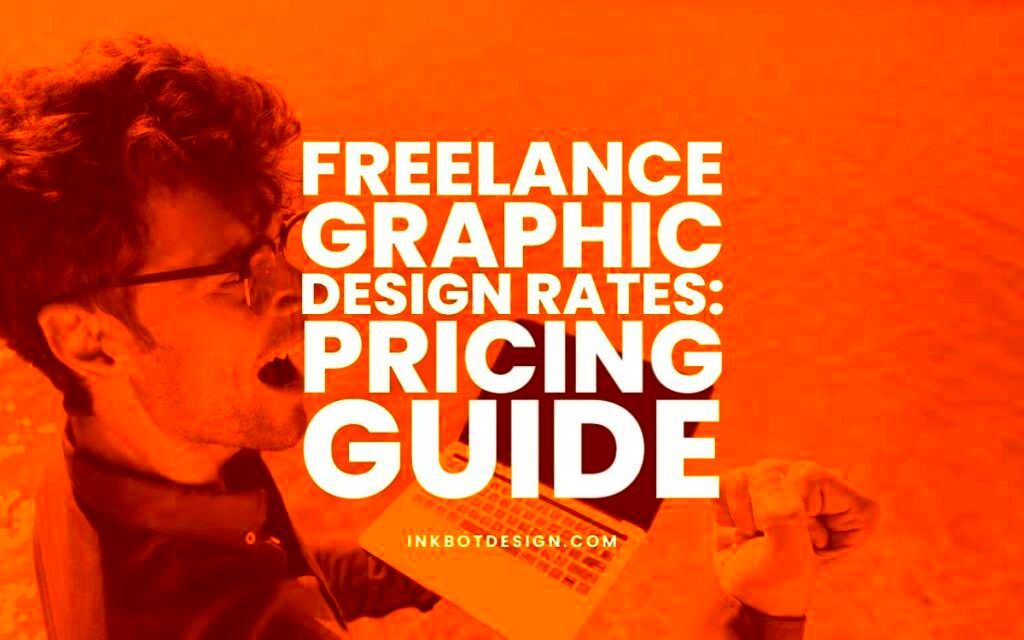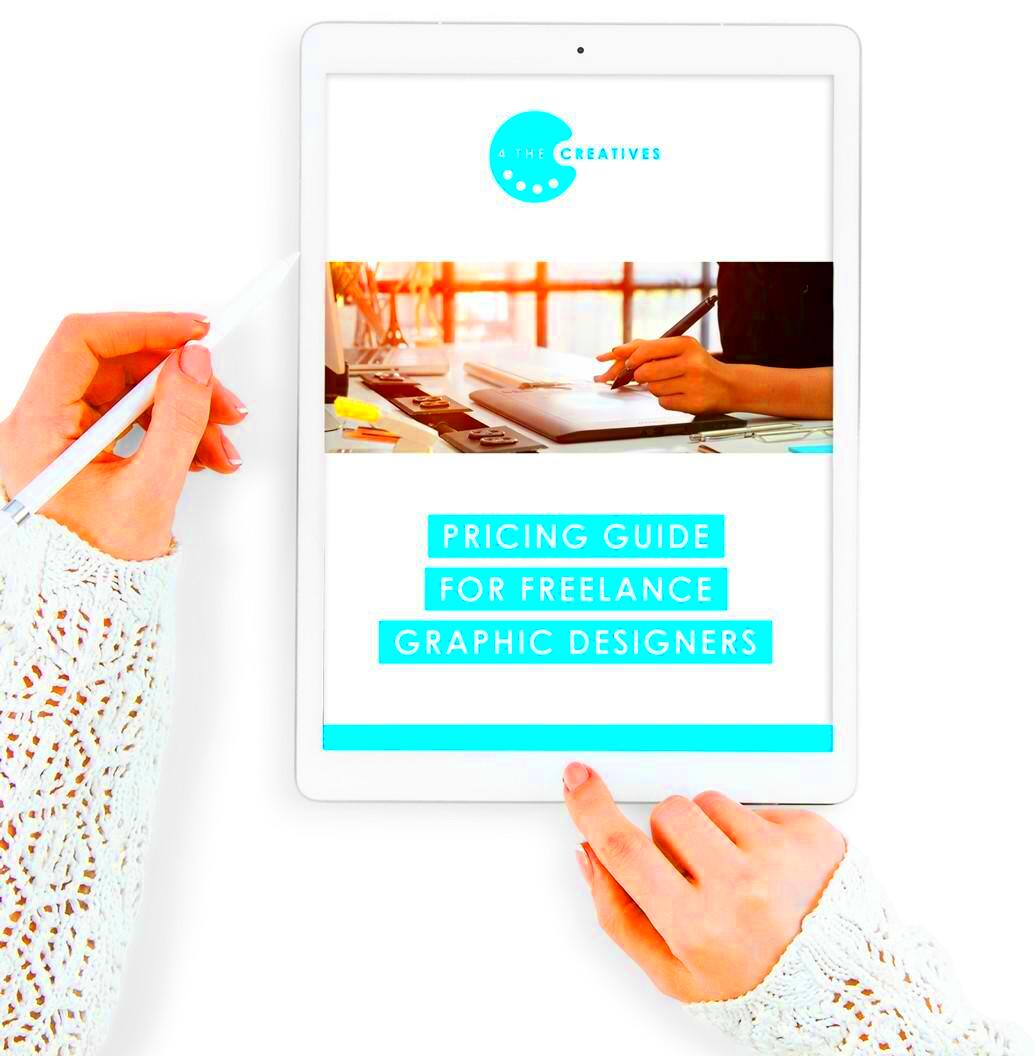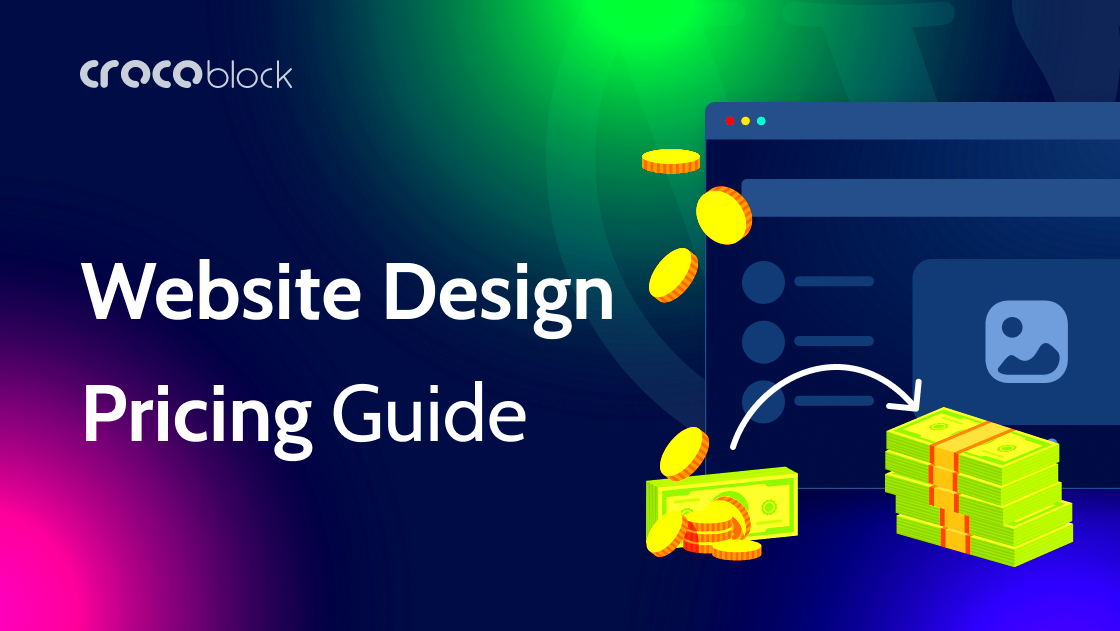Freelance design pricing can feel confusing, especially if you're just starting. Rates vary widely across designers and projects, so it's essential to understand how these prices are set. Knowing what factors impact pricing, along with common pricing models, can help both designers and clients make informed decisions. Whether you're looking to hire or set your rates, having a grasp of freelance design pricing can lead to better projects and smoother collaboration.
Factors That Influence Freelance Design Rates

Several key factors can affect how much freelance designers charge. Understanding these can help clients budget accurately and assist freelancers in setting fair, competitive rates.
- Experience Level: Designers with years of experience often charge more due to their skill and portfolio. Junior designers might have lower rates as they build their reputation.
- Project Complexity: A complex project requiring advanced skills, such as brand creation, web design, or animations, may cost more than simpler design tasks.
- Industry Standards: Different design fields (e.g., graphic design, UX/UI) have varying price ranges, influenced by demand and specialized skill requirements.
- Client's Budget: Some clients have flexible budgets, while others need a more affordable option, which can impact the negotiation of rates.
- Project Duration: Long-term projects may come with discounted rates, while short, high-intensity jobs could have higher prices due to quick turnaround demands.
Also Read This: How Many Sellers are on Fiverr: An In-Depth Analysis
Types of Pricing Models for Freelance Design

There are several common pricing models that freelance designers use. Each model has its pros and cons, and the best one depends on the type of project and the client’s needs.
| Pricing Model | Description |
|---|---|
| Hourly Rate | This model charges clients based on hours worked. It is suitable for projects with flexible timelines or undefined scopes. |
| Flat Fee | A flat fee offers a fixed price for a project, beneficial when the project scope is well-defined. Clients like this model for budget predictability. |
| Retainer | In this model, the client pays a recurring monthly fee for a designer’s services. Retainers work well for ongoing design needs. |
| Project-Based Pricing | Project-based pricing assigns a set fee per project, often used for specific tasks like logo design or a website revamp. |
Choosing the right pricing model can make a significant difference in client satisfaction and project success.
Also Read This: Pricing for Freelance Excel Work
How to Set Your Freelance Design Prices

Setting your freelance design prices can be tricky, but it’s essential to get it right from the start. If you price too low, you risk undervaluing your work, and if you price too high, you may not attract clients. The key is to find a balance between the value of your work and the market demand. Let’s dive into some practical steps that can help you establish competitive and fair pricing.
- Understand Your Costs: Before setting your prices, calculate all your costs, including software, marketing, and any other expenses related to your freelance business.
- Know Your Worth: Research industry standards for your skill level. Consider your expertise, portfolio, and the complexity of the services you offer.
- Define Your Services: Be clear on what your service includes. Will you offer revisions? What is the scope of work? The more specific you are, the easier it will be to price accordingly.
- Consider Your Target Market: If you're targeting smaller businesses, your rates might need to be more affordable. For high-end clients, you can charge more due to the premium services offered.
- Test Your Pricing: Start with a pricing model and see how clients respond. If you're booked too fast, it might be time to raise your rates. If not, consider adjusting based on market feedback.
Remember, pricing is not set in stone. As you gain experience and confidence, you can adjust your rates accordingly.
Also Read This: How to Upload a Video on Fiverr
Tips for Negotiating with Clients
Negotiating your rates with clients can be nerve-wracking, but it’s an essential part of being a freelance designer. Effective negotiation helps ensure you’re compensated fairly for your work. Here are a few tips to help you confidently negotiate with clients.
- Know Your Minimum Rate: Always have a minimum rate in mind. This helps you avoid agreeing to a price that’s too low and ensures you stay profitable.
- Be Transparent: Explain the value you’re providing to the client. Highlight your skills, experience, and what sets you apart from others in the market.
- Start High: It’s always a good idea to start a little higher than your ideal rate. This gives you room to negotiate down without undervaluing your work.
- Offer Packages: If you're offering multiple services, create packages that provide clients with options. This makes negotiations more flexible and can lead to higher overall pricing.
- Be Ready to Walk Away: If the client isn’t willing to meet your rates, don’t be afraid to walk away. Sometimes, saying no is the best decision for both parties.
Negotiation is all about finding a middle ground that benefits both you and the client. Don’t be afraid to ask for what you’re worth!
Also Read This: How to Add a Portfolio on Fiverr
Common Challenges in Freelance Design Pricing
As a freelance designer, you’ll face many challenges when it comes to pricing your services. Understanding these challenges can help you better navigate the world of freelance design pricing. Here are some of the most common issues designers encounter.
- Scope Creep: One of the biggest challenges is when the project scope keeps growing without an increase in budget. Clients may ask for additional revisions, new designs, or extra features, which can eat into your time and increase the workload without compensation.
- Unpredictable Income: Freelancers often experience fluctuations in income due to project-based work. It can be hard to predict how much you’ll earn each month, which can make budgeting difficult.
- Underpricing: Many new designers, in an effort to win clients, end up underpricing their services. This not only affects income but can also create unrealistic client expectations.
- Client Expectations: Clients sometimes have unclear or unrealistic expectations for what they want within the project’s budget. Clear communication from the beginning is essential to managing these expectations.
- Late Payments: Freelancers often deal with delayed payments, which can affect cash flow. Setting clear terms in the contract and following up on overdue invoices is important for avoiding this issue.
Despite these challenges, the flexibility and freedom of freelancing make it a rewarding career. It’s essential to stay proactive, set clear expectations, and continually refine your pricing strategies to overcome these obstacles.
Also Read This: How Much is a Logo on Fiverr?
FAQs on Freelance Design Pricing
Understanding freelance design pricing can raise a lot of questions, especially if you’re new to freelancing or hiring a designer. Here are some frequently asked questions that can help clarify common concerns around pricing in the design industry.
- How do I know if my rates are competitive?
Research is key. Check what other designers in your niche are charging, and consider factors like your experience, location, and the complexity of the services you offer. Don't forget to account for your costs of doing business, including software, marketing, and time spent on revisions.
- Should I charge clients upfront?
Many freelancers require a deposit before starting work—usually around 20-50% of the total project cost. This helps secure the job and ensures that you’re compensated for your time, even if the project doesn’t go through to completion.
- What if a client asks for more revisions than agreed?
It’s important to set clear terms in your contract regarding revisions. If the client exceeds the agreed number of revisions, charge an additional fee for extra work. Make sure this is outlined in the contract before the project begins.
- How can I increase my rates over time?
As you gain more experience and a stronger portfolio, you can gradually raise your rates. Be transparent with existing clients about price increases and provide them with value, such as better quality work or faster delivery times.
- What if a client says my prices are too high?
If a client feels your rates are too high, be prepared to explain the value of your services. If they still aren't willing to meet your price, it may be best to walk away or offer a lower-tier package that fits their budget.
Conclusion for Setting Freelance Design Rates
Setting your freelance design rates requires a blend of understanding your worth, evaluating market conditions, and establishing clear boundaries with clients. By considering factors like your experience, the complexity of the project, and industry standards, you can set competitive prices that ensure you’re fairly compensated. Over time, as your skills and portfolio grow, don’t be afraid to adjust your rates. With careful planning and smart negotiation, you can build a sustainable freelance design business.




